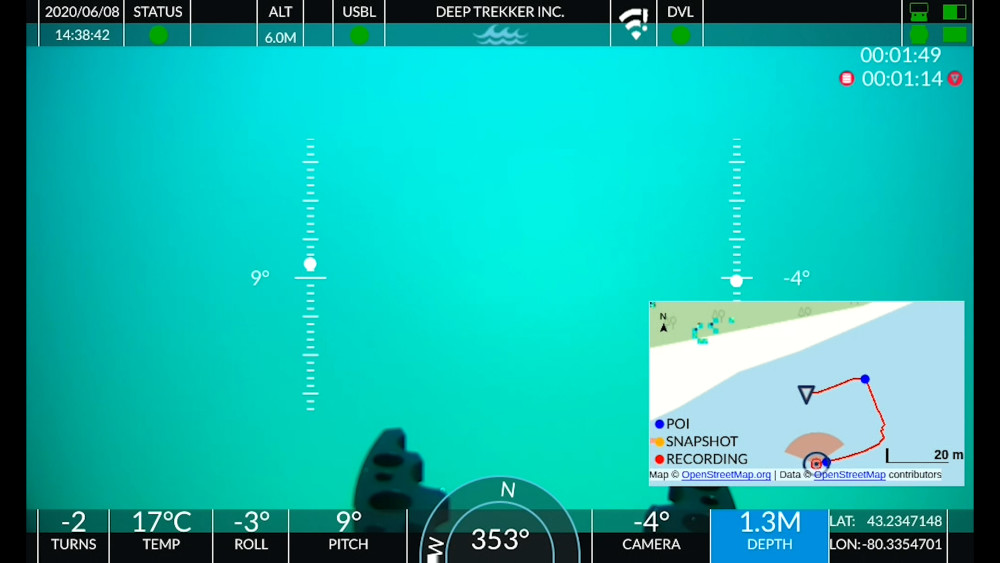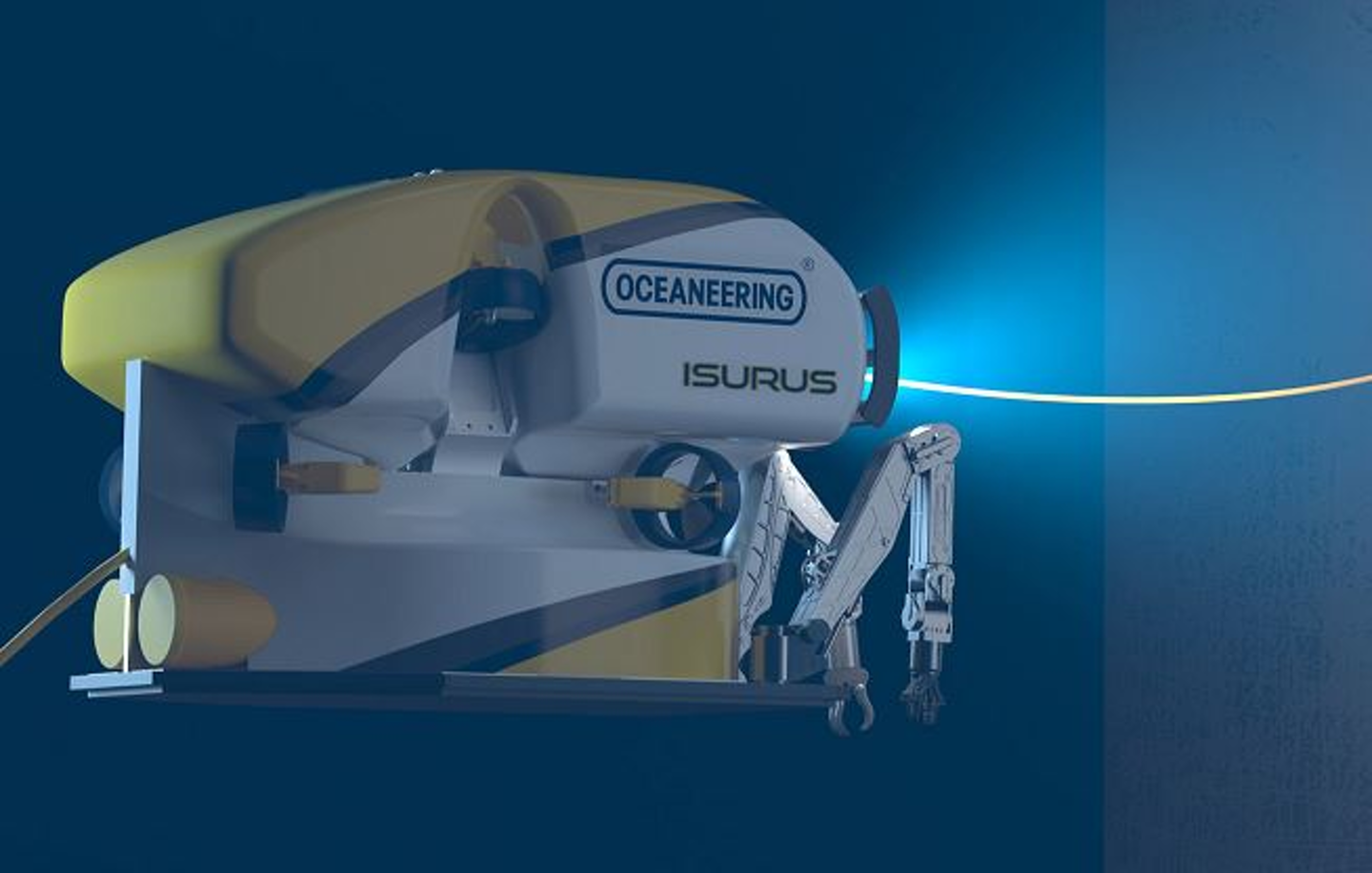Home › Forums › General › Union Information (General Discussion) › Would a stand alone ROV association work in the North Sea?
- This topic has 0 replies, 1 voice, and was last updated 15 years, 2 months ago by
James McLauchlan.
-
AuthorPosts
-
October 5, 2009 at 9:45 am #2991
James McLauchlan
ParticipantI have started this thread for reasons that will become plain by the time you get to the bottom of this post. You can clearly see where I stand on this as far as the North sea is concerned.
So rather than James "a" or "b" choice, how about "c"… Band together and form your own collective bargaining group without all the political BS… I think you’d find a lot more people would be willing to support that, than having no voice or say in the RMT…
People
Wow!!! 😯
Please tell me you are joking!
I strongly suggest that we shit can the notion of a stand alone ROV association! and get on with the initiative already under wayThe idea of an ROV association should have been planned and executed years ago and, even then, I would suggest that a merger with the OILC (Before it joined the RMT) would have been on the cards at some point so that we fall in line with the divers on the subsea strength side of things..
Don’t like the RMT?
Fair enough, but do some research to find out who it is you may not like!
You will fast discover that the OILC branch is not the RMT.
The people that run the branch ran the OILC as a stand alone offshore representative organisation in the Energy workers sector. They were formed to represent offshore energy workers. Not train drivers, not underground railways cleaners. Just offshore people! That’s where the OILC roots are firmly planted and it’s that very same OILC behind this ROV initiative helped along by some willing volunteers. It’s the same OILC that now represent the divers. It’s the same OILC that could represent All subsea related vocations under a common blanket subsea agreement. Can you not see where the strength would lie in that type of agreement? The whole of subsea operations would be represented (legally under UK law) by one branch and there would be not a jot the operators could do about it. Now split that up into being represented by two groups and you can see who’s hands that’s playing into and it’s not ours!The OILC only merged with the RMT to prevent two unions running independently on similar paths and to create more strength in unity.
The OILC organisers are not born and bred RMT people. Also, they do have their moments with the RMT leadership due to differences of opinion (on the way forward offshore) but both the OILC and the RMT see strength in numbers as important enough to put their differences to bed to achieve that aim.Two individual groups representing North Sea subsea interests? That is just what you are suggesting now.
Which union would Inspection engineers belong to? Which one would riggers join?
If ROV withdrew their services at any point would the divers (in another union) come out in support?
If not then that would severely weaken any impact either groups bargaining power.Don’t try and re-invent the wheel when there is already one around that still works, as a single solid wheel, and is currently heading in the right direction.!
I strongly feel that it is ill advised at this stage consider back tracking away from the OILC branch of the RMT and starting afresh.
Over the last year or so I (and others) have put a lot of energy (albeit mental) and time into helping to get the ROV OILC initiative rolling. I am not up to going it alone and heading off on a parallel course to the divers in different associations. Jesus… the operating companies would love to see that happen!!
When you consider the mammoth task of setting up and running such a stand alone organisation where’s all that going to come from?
Learn from the past:
When the divers formed a divers association years ago they approached the employers in a strong position to open up negotiations. The employers promptly agreed to recognise a union (as they were obliged to do) and promptly engaged the NUS (behind the diving associations back) to represent the divers and riggers. At the time the NUS had no idea about what divers needed. The operators knew this and it set back the whole show by years. The operators would be seen not to discourage a separate ROV association so tat we do not get anywhere near joining forces with the divers and other subsea related vocations.The OILC/RMT is a legal union. To be able to legally represent the work force I would suggest that ROV would have to form a legal union.
You would then have two unions representing Subsea interest in the UK.
United we stand divided we fall is the expression that springs to mind.In other words, just in case you may have misread my rantings above,
I feel the idea of an ROV association, at this stage, is an ill thought out dream! -
AuthorPosts
- You must be logged in to reply to this topic.



